Have a question about pipelines? Review these frequently asked questions to learn more.
Safety resources
Yes. Flint Hills Resources, the operator of the MPL system, grants scholarships for local firefighters to attend industrial firefighting programs.
Calling 811 before you dig helps identify underground utilities and pipelines, so you don’t accidentally hurt yourself or damage pipeline equipment.
Yes, you should call 811 before any digging or excavating project. Examples include: landscaping, constructing a fence, building a shed, pouring a driveway, and installing a deck or pool.
Pipeline emergencies are rare, but they can include the following:
- Fire, explosion or a natural disaster at or near a pipeline or related facility
- Accidental release of hazardous vapors and/or liquids from a pipeline or related facility
- Acts of sabotage
- Operations failures causing a hazardous condition
To report a pipeline emergency on the MPL system, call 911. Then, call the Flint Hills Resources emergency number 1-800-688-7594.
About the Minnesota Pipe Line system
Originating in Clearbrook, MN, the MPL system consists of four pipelines. These pipelines deliver crude oil from North American sources, including Canada and North Dakota, to Minnesota refineries in St. Paul Park and Rosemount.
The MPL system carries crude oil from North American sources, including Canada and North Dakota.
View these MPL system maps to see if you live near the MPL system. You can also visit the National Pipeline Mapping System to find all pipelines near you.
About pipelines
According to the U.S. Department of Transportation, pipelines are the safest and most efficient means of transporting energy resources. Statistics from the National Transportation Safety Board show pipelines make up less than one one-hundredth of one percent (0.0001%) of all transportation accidents in the U.S.
Flint Hills Resources monitors pipelines 24 hours a day, seven days a week at our pipeline control center and through regularly scheduled aerial and walking patrols. We also perform in-line inspections on a regular basis to ensure the safety and reliability of the system.
State and federal jurisdictions oversee pipelines. Interstate pipelines are regulated by the Pipelines and Hazardous Materials Safety Administration (PHMSA). The Minnesota Office of Pipeline Safety (MNOPS) and Minnesota Public Utilities Commission (MPUC) oversee the MPL system.

